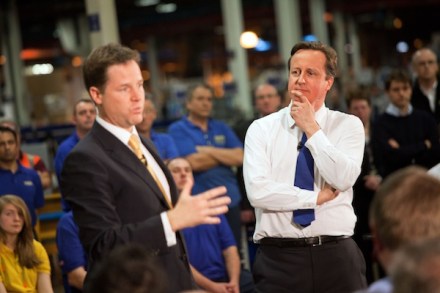No 10 has intensive work ahead to prevent Tory criticism drowning out Cameron's EU speech
The date of David Cameron’s Europe speech has been moved yet again. But this time it has been pulled forward, to this Friday. Downing Street realised that they weren’t going to be able to talk about anything else until the speech was done. The mood in the party ahead of the speech is not good. There’s considerable irritation among Tory Cabinet Ministers that they haven’t been consulted about the speech. Another source of irritation for Eurosceptic ministers is that Ken Clarke has been allowed to — or, at least, not prevented from — joining up with Peter Mandelson and this new Centre for British Influence Through Europe. As one put




















